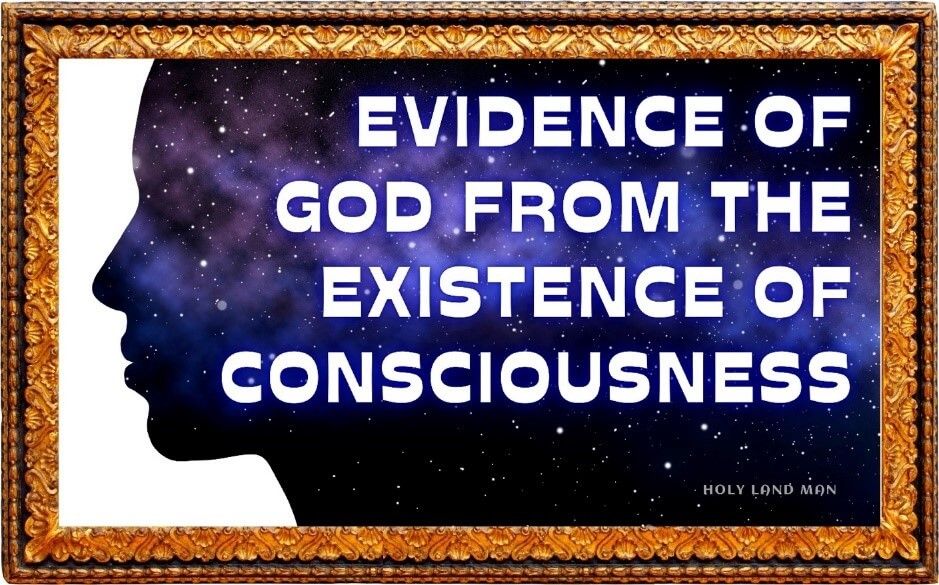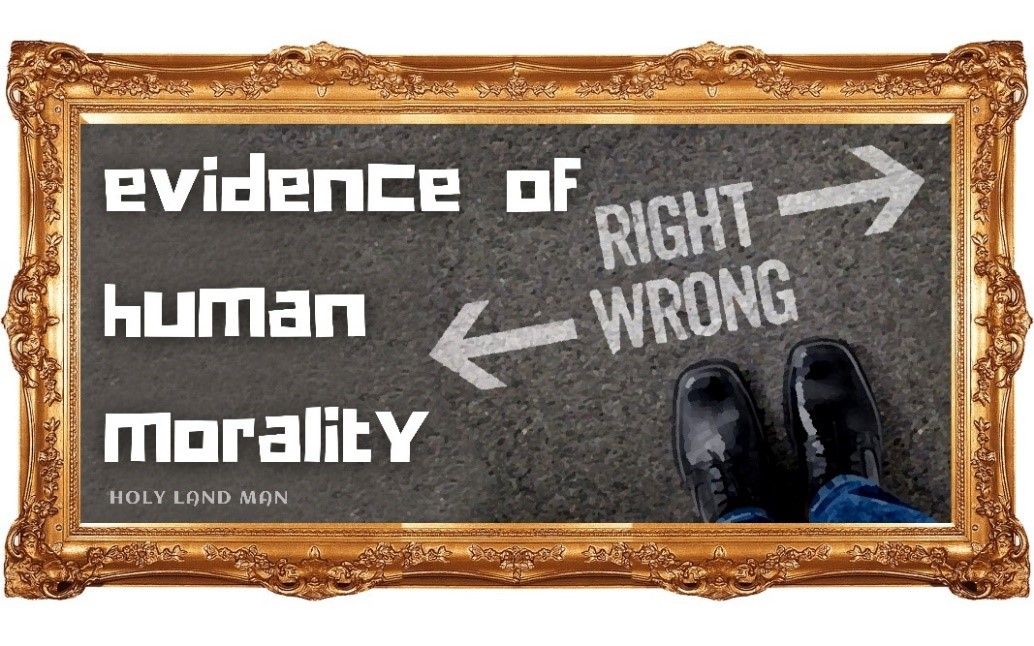Even if none of the evidence for the existence of GOD is absolute proof, the great power stems from a combination of these arguments. They can be seen as a move that indicates a series of unexpected “leaps” within reality. The first leap is in this vein, which states that something exists and that something appeared after it did not exist and implies a moment of causality. Yet, that causal feature must itself be uncaused, or else there will be an infinite regress, a non-starter (the cosmological evidence).
The second leap is ordering chaos by the laws (of nature). It is the emergence of a permanent law according to which all parts of the universe move — the evidence from the laws of nature and the intelligent design of nature.
The third leap is the inanimate to living organisms: the emergence of living organisms, constituting the most complex works in the universe (further evidence from design/complexity). The fourth leap is a life for the possessor of consciousness: the emergence of consciousnesses in general, and human consciousness in particular, capable of understanding the universe (the evidence from consciousness). The fifth leap is from consciousness to morality: the existence of moral intuitions that indicate the existence of absolute good and evil (the evidence from morality). Finally, the sixth leap is from an ordinary experience to an experience of religious revelation.
Atheists want the world to believe that all these leaps happened by chance due to no more than the activity of inanimate particles of matter and blind forces of nature. Accordingly, the universe appeared and continues to be by chance, and by chance, there is permanent law, and by chance, life emerged from matter, and by chance, it developed consciousness. But how likely is it all this happened by chance? It already requires much more blind faith because there is no evidence that all these things actually happened by chance, neither from experience nor intuition. It is also highly unlikely that everything was synchronized by chance to bring about sentient life.
It teaches restraint, moderation, humility, and the work of virtue, instead of hedonism, partying, and the pursuit of honor and achievement. It gives meaning to human life — the private, the People of Israel, and all of humanity — and sets ideals, visions, and goals to strive for at the level of the individual and the whole. This is in contrast to a desperate and empty worldview according to which existence is meaningless.
So, in the end, even those who are not one hundred percent convinced of the evidence for the existence of GOD and the power of the Judaic vision can choose to adopt it because of the quality and value of the lifestyle it presents. After all, even secularism does not have absolute evidence of its correctness.






